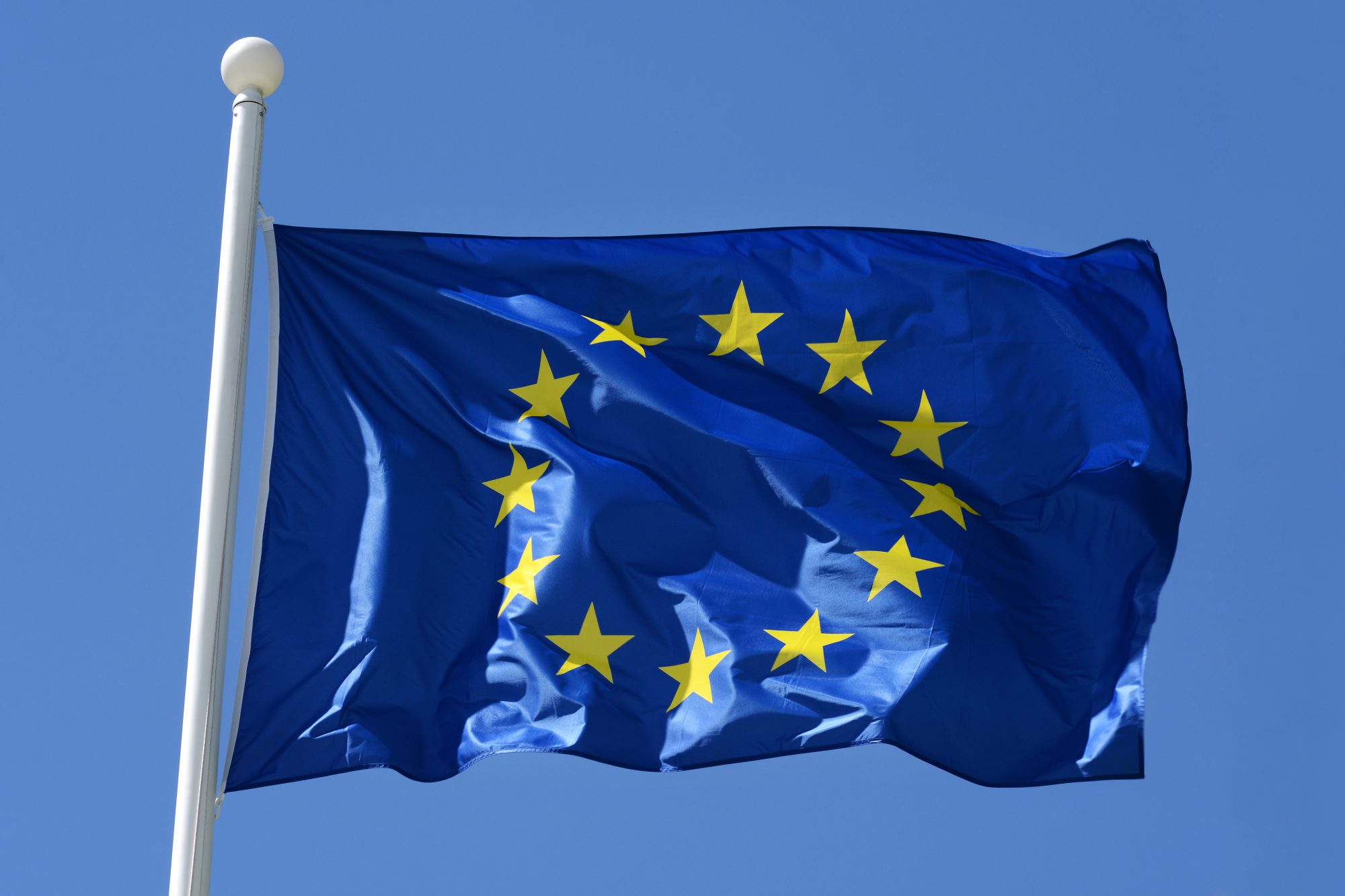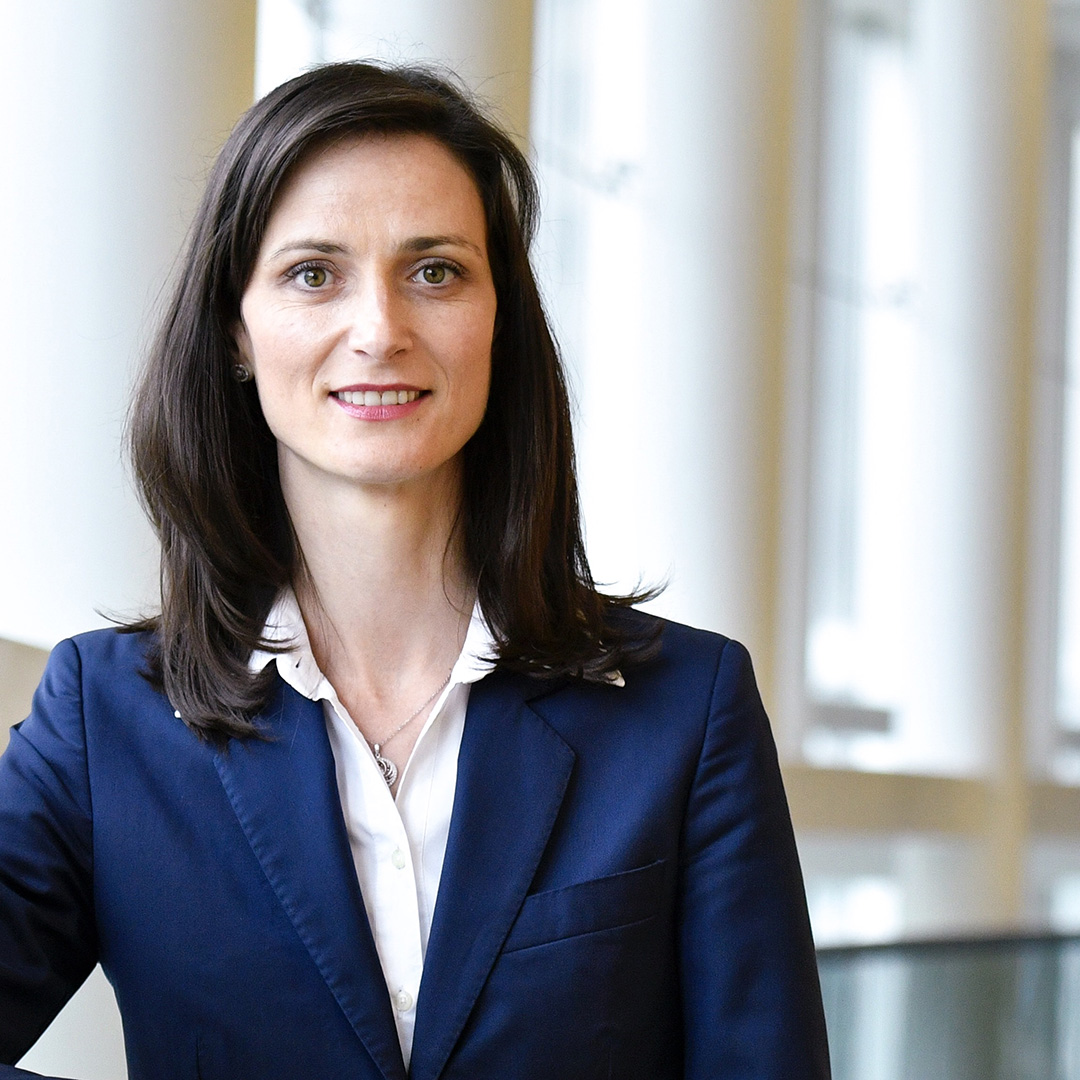
A systemic approach to education, research and innovation in the EU
by Steph HazlegreavesMariya Gabriel, European Commissioner for Innovation, Research, Culture, Education and Youth, describes a systemic approach to education, research and innovation in the European Union
Europe is at the crossroad of demanding economic, social and environmental transitions. We need to address important challenges such as slow economic growth, ageing societies and climate change. Research and innovation (R&I) can offer effective and sustainable solutions to smoothen these transitions, with a critical impact on EU citizens’ wellbeing and welfare.
To achieve these goals, all Europeans need to work together. European Union (EU) funding should keep boosting interdisciplinary research and cross-border collaboration. Policies at Member State and EU level need to be consistent. Regulation should be simpler and innovation-friendly. Crucially, the European added value in education, research and innovation should be further exploited.
The EU should rely on three key frameworks to advance a systemic approach to education, research and innovation, namely the European Education Area, the European Research Area and the European Innovation Council. These frameworks are strongly interconnected.
A promising future is based on excellent education. Therefore, our university ecosystem should become increasingly flexible, interdisciplinary and inclusive. Universities cannot go through this transition single-handedly. The need for new ideas and skills call for deeper cooperation, based on a long-term vision shared across Member States.
European Education Area
The new European Universities are expected to live up to this challenge and to lead a real change at institutional level across their alliances, well beyond the existing cooperation projects. They will bring about systemic and sustainable change, being a key driver towards the creation of the European Education Area by 2025. By coming together in teams across disciplines, countries and languages, talented students and researchers will be ready to cross the frontiers of knowledge. Collaboration will be fostered by the implementation of the digitisation agenda, notably through an update of the Digital Education Action Plan.
European Research Area
At the same time, there is a strong momentum for a revitalised European Research Area. Member States have stressed the need to develop common European goals, values and principles for our research and innovation system. The European Research Area needs to contribute to a better quality of life and to an ambitious set of economic, social and environmental objectives. To achieve this purpose, it should adapt to a globally changing environment, going beyond its traditional single market philosophy. Accordingly, the European Research Area should clearly reflect the key concepts of openness, seamlessness, collaboration and excellence.
Policy Communications
To advance the creation of the European Education Area and the renewal of our Research Area, the EU will put forward two policy Communications in 2020, which will set the guidelines for concrete policy initiatives. This package will strengthen the links between education, research and innovation policies, bringing the European Education Area and the European Research Area closer together.
Yet, the European Education Area and ERA will only fully deliver on their promise if knowledge made in the EU is translated into disruptive innovations, with high economic and social added value. This constitutes a key challenge for Europe. Although the EU is a world leader in generating knowledge, it is home to only 8% of unicorns. In certain sectors, such as digital technologies, we are lacking EU leaders.
European Innovation Council
To address this gap, we need a fully-fledged European Innovation Council, as outlined in the Horizon Europe proposal. It will become Europe’s ‘unicorn factory’. Already running as a pilot, the Council is a one-stop-shop to bring breakthrough innovations from lab to market, and help start-ups scale up. While it offers truly bottom-up instruments, it will also allow the EU to deliver on policy priorities where a degree of smart directionality is needed – notably, the European Green Deal. To fulfil the ambitious goals set by the Green Deal, the EU will need disruptive solutions in areas such as clean energy and smart mobility, which can only be developed through patient and high-risk investments in R&I.
Cooperation
Strengthening the EU’s competitive position also implies closer cooperation with the rest of the world. Many of the challenges we face are global in scope – ocean pollution, food security and cancer are just a few examples. We need all available brainpower to tackle them. This is why the EU should keep expanding its frameworks for international cooperation in R&I, namely through the future Horizon Europe association agreements.
A systemic approach such as this should be implemented in an inclusive manner. We should aim for an economy that works for people, in the words of President Ursula von der Leyen, “This requires gender-balanced R&I systems, as well as effective widening mechanisms that correct inequalities and give researchers and innovators from all Member States a chance to fulfil their potential.”
By exploring the links between education, research and innovation, the EU will build greater synergies and it will produce higher impact. With this comprehensive strategy, we will put Europe back in the driving seat of global R&I.
Contributor Profile

Mariya Gabriel
European Commissioner for Innovation, Research, Culture, Education and Youth
European Commission
Phone: +32 2 299 96 96
Email: cab-gabriel-contact@ec.europa.eu
Website: Visit Website
Twitter: Follow on Twitter